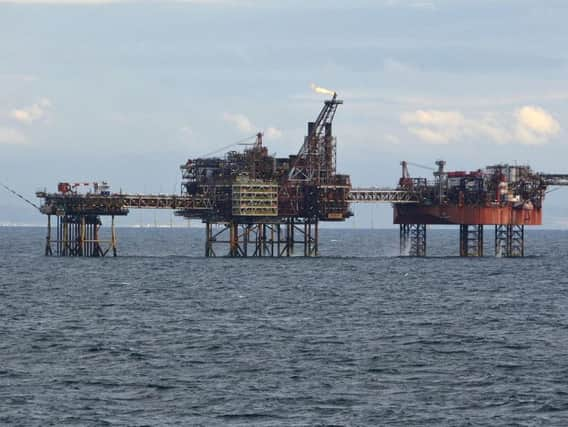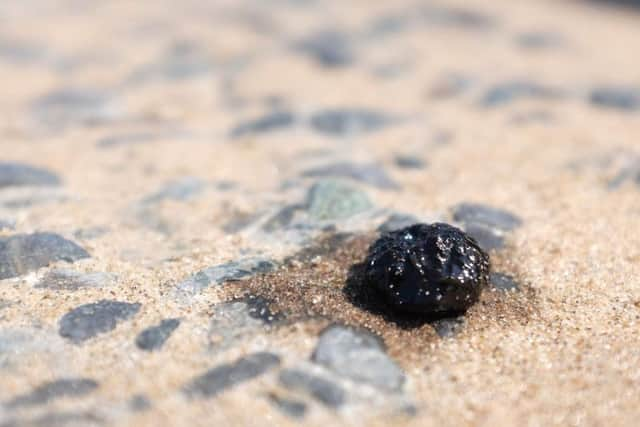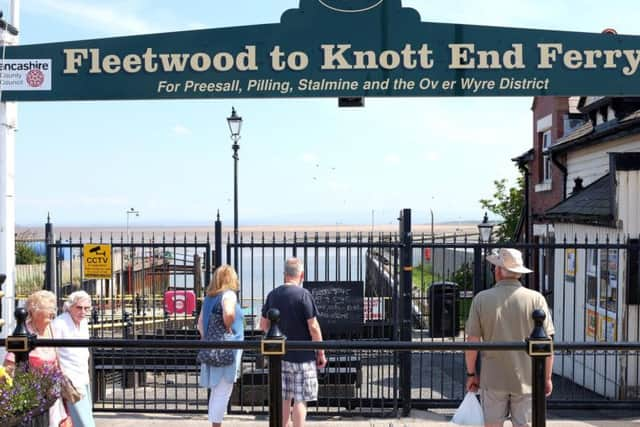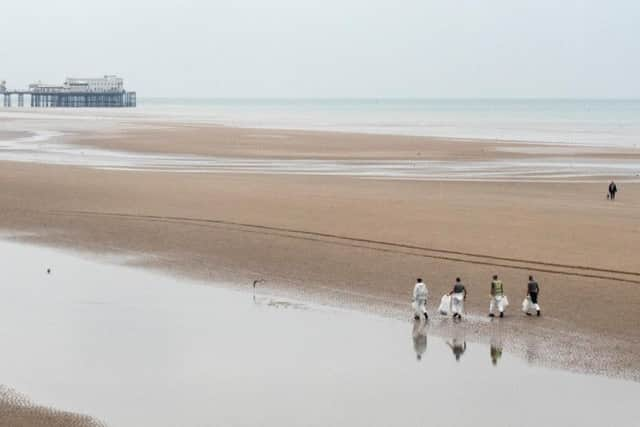LATEST: Oil giant accepts responsibility for spill affecting Fylde coast


Analysis of the chunks - washed up as far south as the mirror ball at South Shore and as far north as Knott End and the River Wyre - showed the Douglas Complex as the origin, a spokesman said.
Based 15 miles off the coast of North Wales, the three-platform rig is the nerve centre of drilling operations in Liverpool Bay and is run by oil giant Eni.
Advertisement
Hide AdAdvertisement
Hide AdA spokeswoman for the MCA told The Gazette: "We have received the initial analysis of the tar ball and comparison samples from the off-shore installation (OSI).


"Detailed analysis of the aromatic hydrocarbons and biomarker compounds indicate that the tar ball sample is a strong match to both comparison samples provided.
"This concludes that the oil was spilled from the OSI."
Hundreds of bags have been filled with almost six tonnes of thick oil, sand, and stone since the substance first began washing up at Bispham on Sunday.
Initially described as a 'small' problem, the incident escalated as oil was reported on beaches up and down the coast, leading to specialist oil slick firm Braemar Response being called in to help with the clean up.


Advertisement
Hide AdAdvertisement
Hide AdThe sea was ordered off limits, while the treacherous slipway at Knott End meant the ferry service to and from Fleetwood was suspended until further notice in an unprecedented move.
Signs were posted warning beach-goers of the 'abnormal situation' and urging them to keep children and dogs away from the substance, while former animal lecturer at Myerscough College John Vale voicing his concern about the impact on marine life and birds.
Investigators suspected the oil came from a ship around 18 miles off the coast last Monday, but a spokesman for Eni today said a leak at a storage vessel, 10 miles from the complex and connected via pipeline, was to blame.
"The source of the release was quickly identified, isolated and shut down the same day," he said.


Advertisement
Hide AdAdvertisement
Hide Ad"Eni UK Limited immediately mobilised an incident management team and has been working closely with the relevant authorities over the past week to manage the situation and minimise any impact on the environment.
"This has included dispersant trials and vessel prop washing - where vessels break up and disperse oil with their propellers.
"Eni UK Limited continues to monitor the situation with aerial and vessel surveys.
"As soon as tar balls were seen on the beach, Eni UK Limited mobilised its appropriate specialist resources to work with the local authorities who are responsible for coordinating the onshore response.


Advertisement
Hide AdAdvertisement
Hide Ad"We have asked our specialist contractor Braemar Response to devise a shoreline response plan. This has been shared with the local authorities and Lancashire Fire and Rescue Service.
"The plan includes deploying expert resources, conducting sampling, where required and mobilising shoreline patrols.
"Our teams are now on the beach removing any tar balls found.
"A full onshore response will continue for as long as is necessary with Eni UK Limited fully supporting the local authorities as necessary."
Advertisement
Hide AdAdvertisement
Hide AdFollowing inspections along the coastline this morning, the agencies involved in the mass clean-up reported 'little evidence' of any significant new deposits.


Workers were pictured walking on the sand at Bispham with shovels and litter pickers, but their clear bags appeared to contain more litter than oil.
"The focus is now on removal of any oil smears on the sand and seawall, as well as regular monitoring for any further deposits coming in on the tide," a spokesman for Blackpool Council said earlier.
Read more: